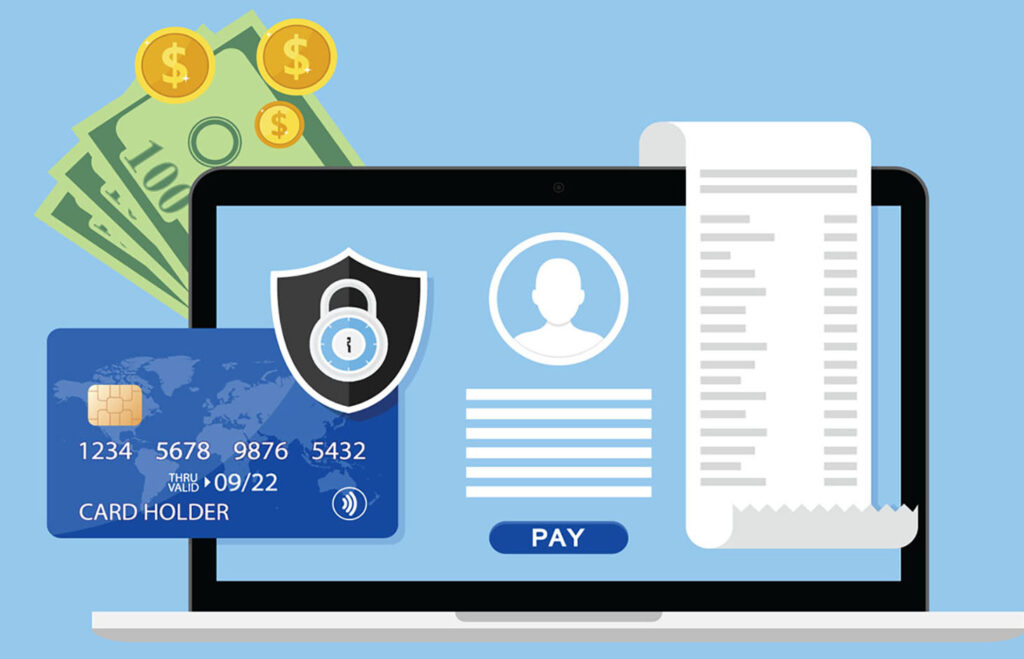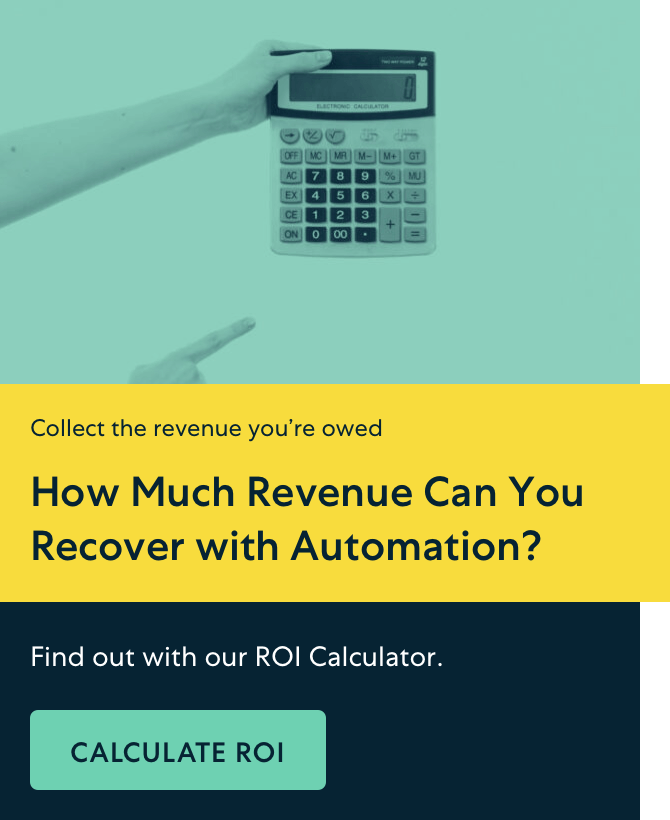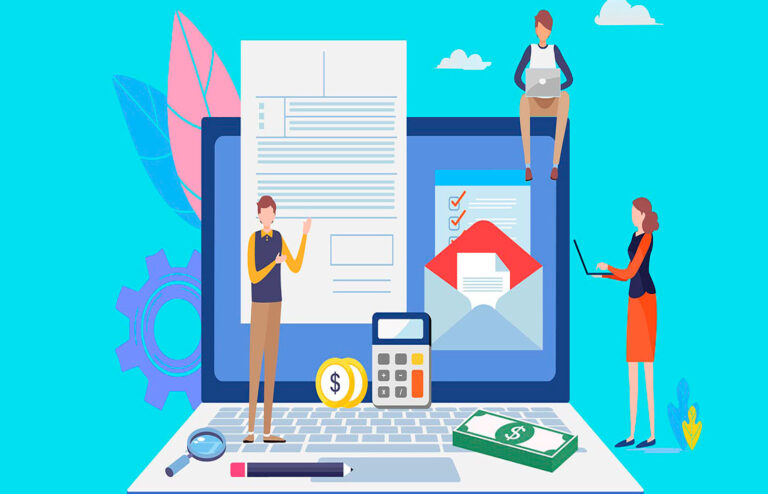As SaaS businesses grow and move through the stages of maturation, their technology stacks inevitably expand and evolve to meet their changing needs.
Their financial technology, or FinTech, is a great example of this.
Early on, most SaaS businesses recognize the need for some sort of payments, accounting, or other software to keep track of their finances and streamline their month-end close. However, when it comes to optimizing the accounts receivable (AR) process, things may take a little longer.
Like many scaling SaaS companies, CoConstruct relied on an e-commerce feature in one of its non-billing-related platforms to manage billing—in this case, its customer relationship management (CRM) software. The e-commerce feature met the construction software business’s needs at first, but eventually, it began running into limitations.
As CoConstruct’s customer base grew and began entering more projects through its platform, the business needed greater catalog flexibility to accommodate its expanding packaging and pricing options. And because of its CRM platform’s billing feature limitations and lack of billing automation, the business was also starting to deal with the need for daily manual interventions to manage its billing process.
With the business’s growth showing no signs of slowing down, its team decided it was time to add dedicated recurring billing software to its tech stack.
Why SaaS businesses adopt recurring billing software
Scaling SaaS businesses bump into billing limitations trying to use e-commerce modules in their CRMs, ERPs, and accounting platforms all the time. Others struggle to meet the demands of recurring billing with in-house or internally-built solutions that buckle under complex demands.
And some even try to keep up with the entire AR process manually, juggling multiple spreadsheets.
You can imagine what a nightmare all of this becomes at scale—or maybe you’re already living it.
Taking that next step toward a solution means adopting a dedicated platform that optimizes the entire SaaS billing process.
For CoConstruct, adding a billing automation software solution to its tech stack has meant $2,000 a month in recovered revenue and 10 hours of work a week redirected to more strategic business endeavors.
This is a great example of what happens when a forward-thinking business realizes making do with existing solutions may not be the most efficient approach. Leaving billing to non-billing software means you’re holding your business back.
Recurring billing software is built with SaaS billing needs in mind
Unlike a CRM, ERP, or accounting platform built with billing as an add-on feature, recurring billing software is dedicated to optimizing billing and payment-related processes for subscription-based businesses.
This means your SaaS business will enjoy the following.
1. Total billing automation.
Automation is part and parcel of a robust recurring billing platform. With it, SaaS finance teams reduce their time spent on manual tasks such as:
- calculating charges due
- applying taxes
- invoicing
- collecting recurring payments
- retrieving information from payment gateways
- migrating customers between subscription plans
- updating subscribers’ credit cards or other payment information
- managing dunning, and
- reporting on important financial metrics.
With a robust billing engine, your SaaS business reduces the time it takes to process orders, easily identifies outstanding payments, and streamlines subscription upgrades and downgrades. Automated billing software also often drastically expedites the end-of-month closing process.
By moving the job of data transfer from the hands of team members to automated software, your SaaS business frees up time for other tasks—and of course, it reduces pesky human errors.
Knowing your business is putting out accurate invoices every single time means knowing you’ve elevated your customer experience. And with automatic collections and dunning management, you’ll rest assured that collections run smoothly in the background.
2. Accurate revenue recognition.
The GAAP ASC 606 standard requires those following the subscription business model to track and identify both earned and deferred revenue. For SaaS businesses with subscription contracts, bundled products and services, and hybrid or usage-based pricing, this is a pretty complex task.
Recurring billing software handles all of these complexities with ease, automating and simplifying revenue recognition and reducing the chance of human error.
No more worrying about misunderstanding a standard or miscalculating your earned revenue.
3. Accounting fidelity.
When built on a double-entry ledger system like Stax Bill is, adaptive recurring billing software ensures your financial reporting has a strong, compliance-ready foundation.
Thanks to this design, the software fully integrates with general ledgers, supports standard accounting principles, and keeps your sales and accounting data aligned.
And with integration to your business’s accounting platform, you’ll rest easy knowing your financial data is synched accurately across your important financial systems and processes.
4. In-depth SaaS metric reporting.
While accounting software provides excellent historical financial information, it falls short of offering the kind of dynamic data that’s useful for planning ahead.
CRM systems sometimes help here, revealing where leads and potential customers are in the pipeline, but they don’t enable businesses to perform financial forecasting.
A recurring billing and subscription management platform bridges this gap. It enables SaaS businesses to track key metrics related to their:
- sales
- cash collected
- revenue recognized, and
- MRR
Armed with this info, SaaS business leaders easily and accurately dig into their churn rate, customer lifetime value, future revenue projections, and more to make better strategic decisions as they scale.
5. Better billing without sacrificing security.
To be successful, your SaaS business’s financial data and customer payment data must be secure. A secure recurring billing platform is not only PCI Level 1 compliant, but makes sure your business is, too.
Billing-centered platforms have the exact features you need to run your business’s billing smoothly, but they don’t stop there.
These important functions are also all automated for maximum accuracy and efficiency.
Recurring billing software is part of a complete digital transformation strategy.
As SaaS businesses scale, digital transformation becomes increasingly important. Automation, agility, and data integrity are key to keeping up with the competitive pace of the current SaaS landscape.
When SaaS business teams find themselves:
- avoiding new pricing models and product packaging due to limitations with their catalog
- struggling to scale without increasing the manual workload, and
- hard-pressed to get the accurate data they need when they need it, it’s time to evolve to a more mature billing system.
A dedicated agile recurring billing platform enables SaaS businesses to rapidly adapt to changing markets and demand. It also plays an important role in a strong revenue operations (RevOps) structure by providing a single source of truth on account receivables.
As a reliable source of accounts receivable and subscription customer information, recurring billing software supports marketing, sales, and customer success with real-time, granular data.
That data, when shared across departments and systems, is transformational. It improves business accuracy, reduces revenue leaks, redirects workhours, ensures GAAP and PCI compliance, and secures overall financial data integrity.
Scaling SaaS businesses benefit from automated billing
Does every SaaS business need recurring billing software? Not necessarily.
Many make do with other types of platforms and their included billing features and modules. However, that approach means missing out on a comprehensive billing solution that empowers your business at scale.
From efficiency and dependability to optimization and compliance, robust recurring billing software gives SaaS businesses the adaptive solution they need to scale effectively and go-to-market faster.
Over time, these benefits accumulate to not only recover leaking revenue and save time and resources, but even to generate new revenue with flexible potential and better data insights for forecasting and decision-making.
This agility creates a competitive and financial advantage in the form of a revenue optimization engine that simplifies billing operations and boosts cash flow.
When deciding if it’s time to upgrade your billing process, make sure to look for a subscription billing solution you can leverage to meet all of your scaling business’s needs now and into the future.








